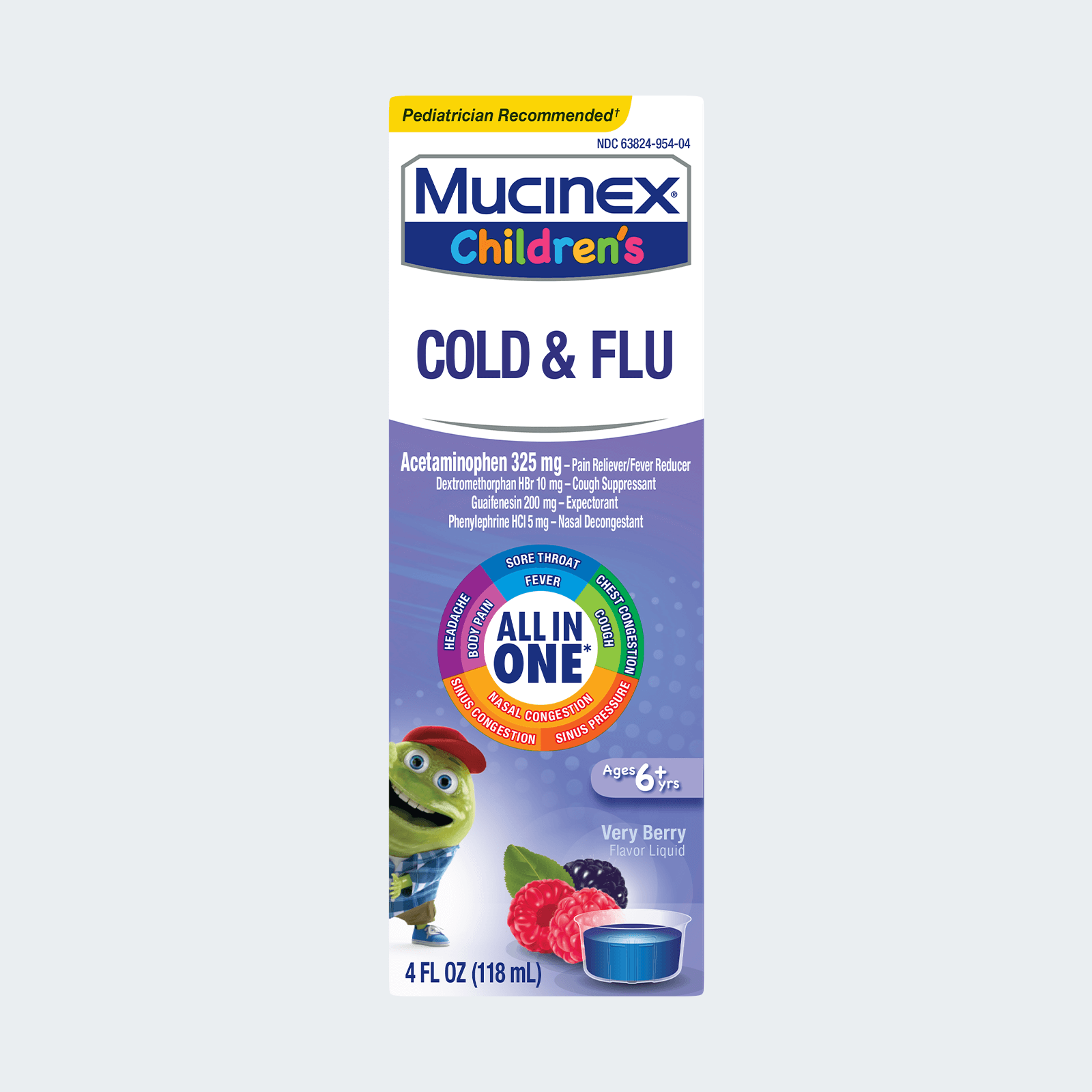Can i borrow your calculator? Can is usually used in standard spoken english when asking for permission. Can is one of the most commonly used modal verbs in english. With canva you can design, generate, print, and work on anything. Can but is equivalent to can only: You can come with us if you want to. It can be used to express ability or opportunity, to request or offer permission, and to show possibility or impossibility. Cannot but is the equivalent of cannot help but: Can but and cannot but are formal and now somewhat old-fashioned expressions suggesting that there is no possible alternative to doing something. We cannot but protest against these injustices. What will you design today? It is acceptable in most forms of written english, although in very formal writing, such as official instructions, may is often used instead: We can but do our best. Can and cannot (or can’t) are the most common words used for asking for, giving, or refusing permission: Persons under 14 unaccompanied by an adult may not enter.
Can You Mix Mucinex And Robitussin? Risks & Benefits Explained
Can i borrow your calculator? Can is usually used in standard spoken english when asking for permission. Can is one of the most commonly used...









